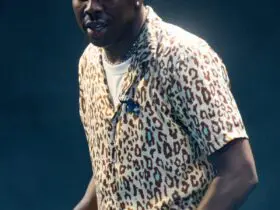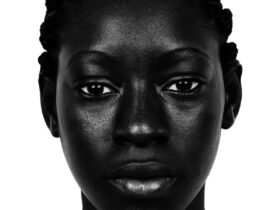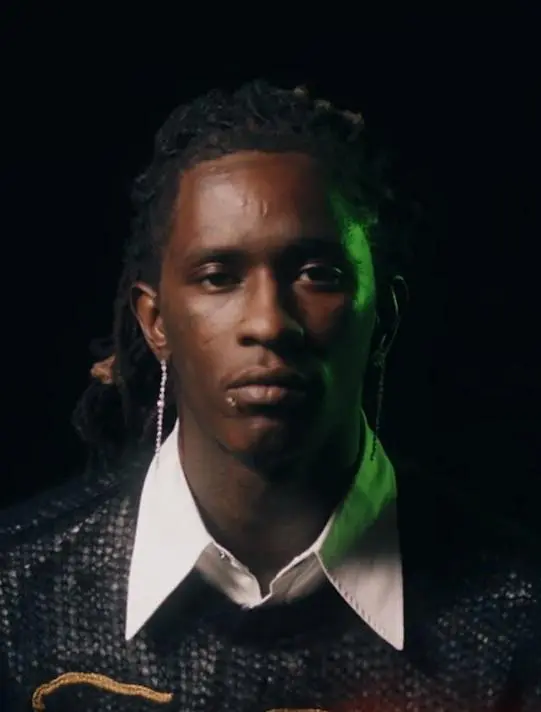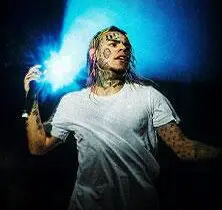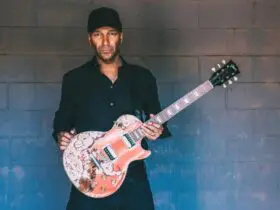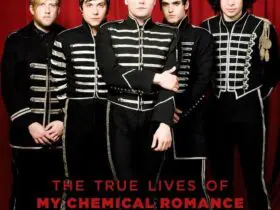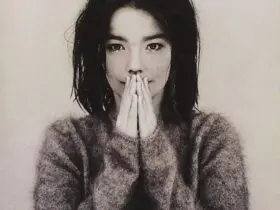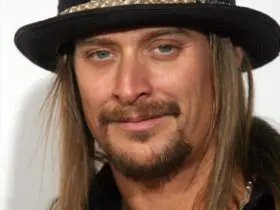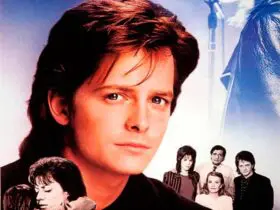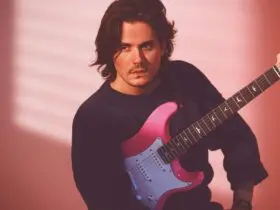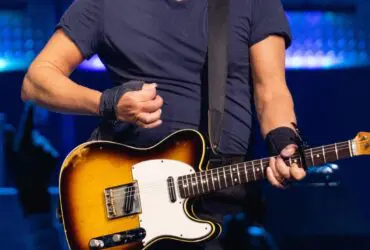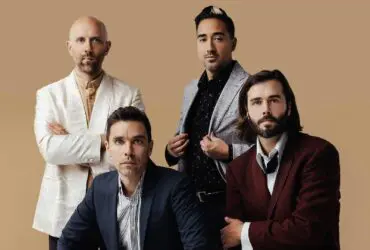Young Thug’s legal battle: A deeper look into the controversy
The intersection of art and law
In a recent legal twist, the use of Young Thug’s lyrics in court has sparked a heated debate about the intersection of art and law. The rapper, whose real name is Jeffrey Williams, faced significant legal challenges when his lyrics were introduced as evidence in a criminal case. This move has raised questions about artistic freedom and the potential for creative expression to be misconstrued in legal contexts.
The case against Young Thug
Young Thug’s legal troubles began when he was charged with various offenses, leading to a high-profile court case. The prosecution’s decision to use his lyrics as evidence was met with strong opposition from his defense team. Brian Steel, Young Thug’s defense lawyer, argued that the inclusion of his client’s lyrics was not only irrelevant but also offensive. Steel contended that the lyrics were a form of artistic expression and should not be taken literally or used to infer criminal intent.
Artistic expression on trial
The use of lyrics in legal proceedings is not a new phenomenon, but it remains a contentious issue. Critics argue that this practice can lead to unfair prejudice against artists, particularly those in the hip-hop genre, where lyrics often reflect exaggerated personas and fictional narratives. The defense’s stance in Young Thug’s case highlights the broader implications for artists who may find their creative works scrutinized in ways that other forms of art are not.
The impact on the music industry
The outcome of Young Thug’s case could have far-reaching consequences for the music industry. If courts continue to allow lyrics to be used as evidence, it could create a chilling effect on artistic expression. Artists may feel compelled to censor themselves, fearing that their words could be used against them in a court of law. This potential for self-censorship could stifle creativity and limit the diversity of voices in the music industry.
A closer look at Young Thug’s artistry
Young Thug is known for his unique style and innovative approach to music. His lyrics often explore themes of struggle, success, and the complexities of life in the streets. While some may view his words as controversial, others see them as a powerful form of storytelling that sheds light on real-life experiences. Understanding the context and intent behind his lyrics is crucial in appreciating his artistry and the broader cultural significance of his work.
The broader legal landscape
The debate over the use of lyrics in court is part of a larger conversation about the role of art in society and the legal protections afforded to artists. Legal experts and advocates for artistic freedom argue that lyrics should be protected under the First Amendment, which guarantees freedom of speech. They caution against the dangers of interpreting artistic works too literally and emphasize the importance of considering the broader context in which they are created.
Industry trends and studies
Recent studies in the music industry have shown that hip-hop artists are disproportionately targeted when it comes to the use of lyrics as evidence in criminal cases. This trend raises concerns about racial bias and the potential for systemic injustice. Advocates for reform are calling for clearer guidelines and protections to ensure that artists are not unfairly penalized for their creative expressions.
Building trust through accurate information
As the debate continues, it is essential to rely on accurate and verifiable information to build trust and understanding. The legal system must balance the need for justice with the protection of artistic freedom. By examining the facts and considering the broader implications, we can work towards a more equitable and just approach to the use of art in legal contexts.
Conclusion
Young Thug’s case serves as a pivotal moment in the ongoing conversation about the intersection of art and law. It underscores the need for a nuanced understanding of artistic expression and the potential consequences of using creative works as evidence in court. As we navigate these complex issues, it is crucial to uphold the principles of justice and artistic freedom, ensuring that artists can continue to create without fear of legal repercussions.
For more information on Young Thug and his music, visit Young Thug.
Note: This article is a reimagined version of the original content, structured and styled to provide a comprehensive and engaging perspective on the topic.


